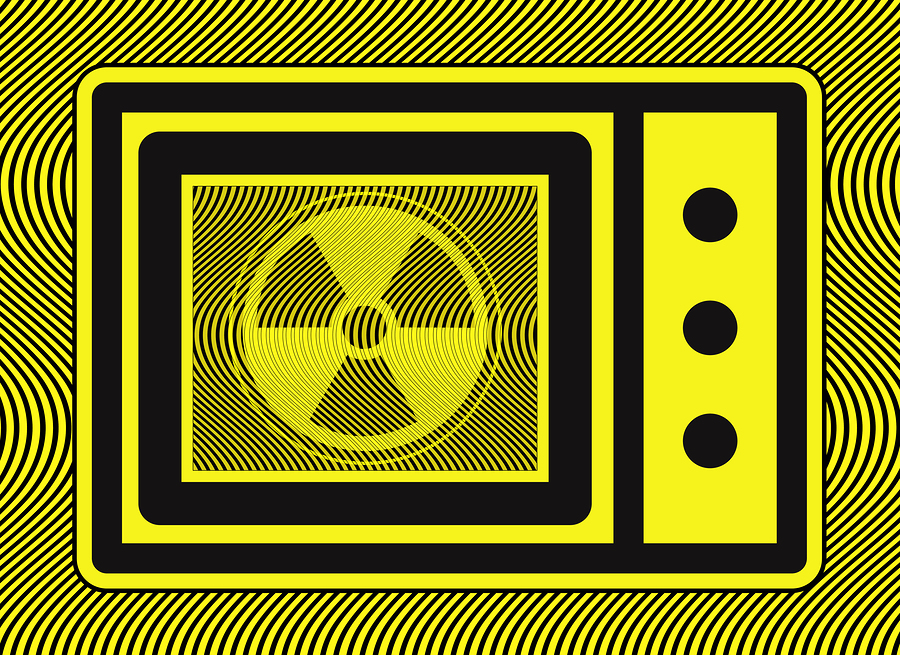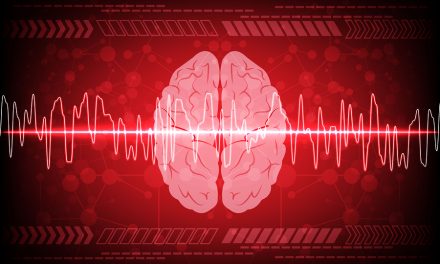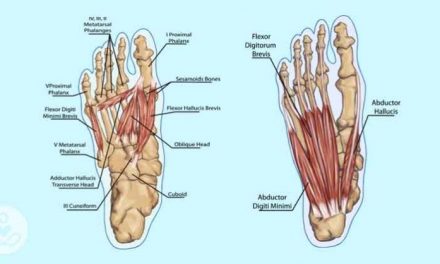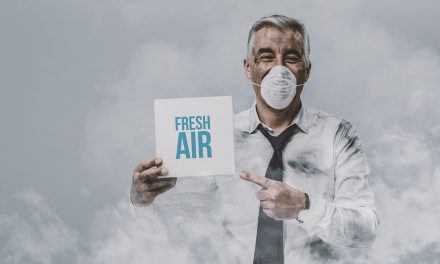According to Cancer Research UK, more and more people are wrong about risk factors for cancer. While most were able to correctly select smoking, obesity, and overexposure to UV radiation as risks, researchers at University College London and the University of Leeds carried out the survey and found that more than 40% wrongly thought that stress and food additives could also cause cancer.1
RELATED STORY:
“One-third incorrectly believed that electromagnetic frequencies (35%) and eating genetically modified (GM) food (34%) were risk factors, while 19% thought microwave ovens and 15% said drinking from plastic bottles caused cancer, despite a lack of good scientific evidence.”2
Researchers didn’t find that those who, say, believed GMO’s were a cancer risk, to live more dangerous lifestyles but those who were “better informed about the proven causes of cancer”3 were more likely not to smoke. (I know plenty of people who stay away from GMO’s and EMF’s and don’t smoke.) Oh, and there were also more likely to eat more fruit and vegetables.
This is a serious study that’s hard to take seriously.
Dr. Samuel Smith, from the University of Leeds, said:
“It’s worrying to see so many people endorse risk factors for which there is no convincing evidence. Compared to past research, it appears the number of people believing in unproven causes of cancer has increased since the start of the century, which could be a result of changes to how we access news and information through the internet and social media.
It’s vital to improve public education about the causes of cancer if we want to help people make informed decisions about their lives and ensure they aren’t worrying unnecessarily.”4
RELATED STORY:
I hope you understand that I shared this story with you to demonstrate just how bought in the mainstream media is to what Big Medical and Big Pharma are selling, and to let you know that they will attempt to label you misinformed, uneducated, and or irrational if you subscribe to science that they don’t.












